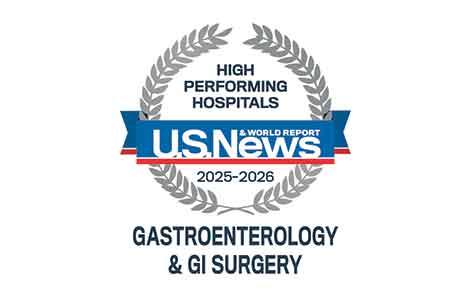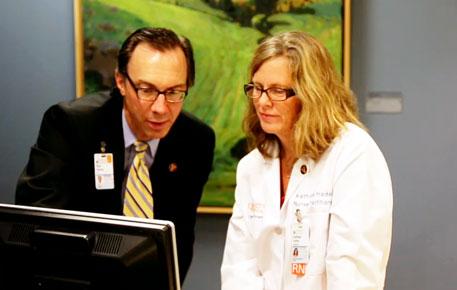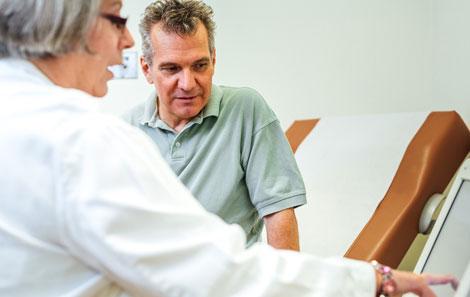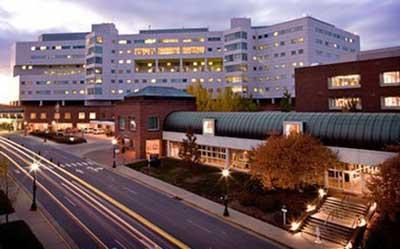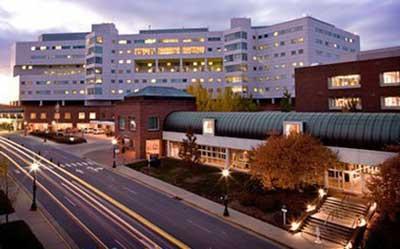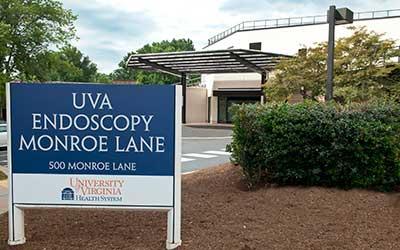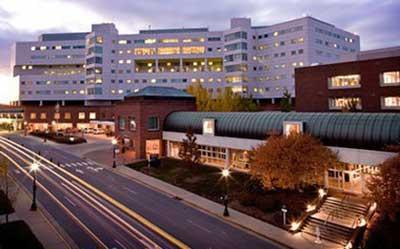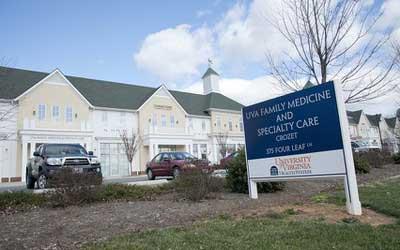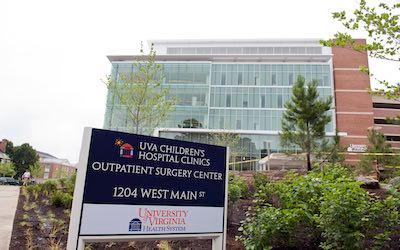Adults with Locoregional Esophageal and Gastroesophageal Junction Adenocarcinoma invited to be in a research study
The University of Virginia is conducting a clinical research study for adults ages 18 and over, who have Locoregional Esophageal and Gastroesophageal Junction Adenocarcinoma. This study is being done to answer the following questions: 1. What are the good and bad effects of using usual chemotherapy and radiation plus the immunotherapy, nivolumab, before standard surgery for your condition? 2. What are the good and bad effects of adding the immunotherapy nivolumab versus adding nivolumab and ipilimumab after standard surgery for your condition? If you decide to take part in this study, you will either get chemotherapy and radiation for up to 2 monthsfollowed by surgery, or you will get chemotherapy, radiation, and a drug called nivolumab for up to 2 months followed by surgery. Then, following surgery, you will either receive nivolumab therapy for 6 months or nivolumab plus another drug called ipilimumab for 6 months. After you finish treatment, your doctor will continue to follow your condition for up to 7 years after surgery and watch you for side effects. After you stop receiving the study treatment, you will visit the clinic once every 3 months for two years, then every 6 months for a total of up to 7 years after your surgery. Study-related procedures that are being done beyond your standard of care will be provided at no cost to you or your insurance. Additional information can be found here: https://clinicaltrials.gov/ct2/show/NCT03604991

